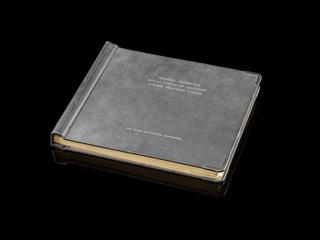
Douglas Crosbie Birkenshaw 1906 - 1982
- occupation:
- Engineer
- Nationality:
- British
- born in:
- Sheffield, Sheffield, South Yorkshire, England, United Kingdom
Douglas Birkenshaw was the first person appointed to a job in television by the BBC.
Birkensaw worked as an engineer at the BBC. He was made Research Engineer on television following an agreement between the BBC and Baird Television Ltd. to deliver experimental broadcasts using Baird’s 30-line electro-mechanical system in 1932. The service ran until 1934.
The BBC moved to higher definition trials, launching a competition between two companies, Baird Television Ltd. and Marconi-EMI, in 1936. Birkenshaw was made Engineer-in-Charge at the new studios constructed at Alexandra Palace, managing both television systems. The competition was won by Marconi-EMI which became the standard for television broadcast in the UK.
The BBC stopped television broadcasting for duration of the Second World War. Birkenshaw received the message at 10am to suspend the service at 12pm on 1st September 1939. It went off air without an announcement. The BBC television service was resumed on 7 June 1946.
Birkenshaw wrote the first technical television studio manual, describing the Marconi-EMI installations at Alexandra Palace. It provides details of the 405-line television system from camera to aerial. It became known as Birkenshaw’s ‘Black Book’ due to its distinctive binder. It was regularly updated in new editions as the early television technology evolved.